Sin Fronteras Boy
Fourth-grade English language learners use wikis to study border issues and gain literacy skills.
Fourth-grade English language learners use wikis to study border issues and gain literacy skills.
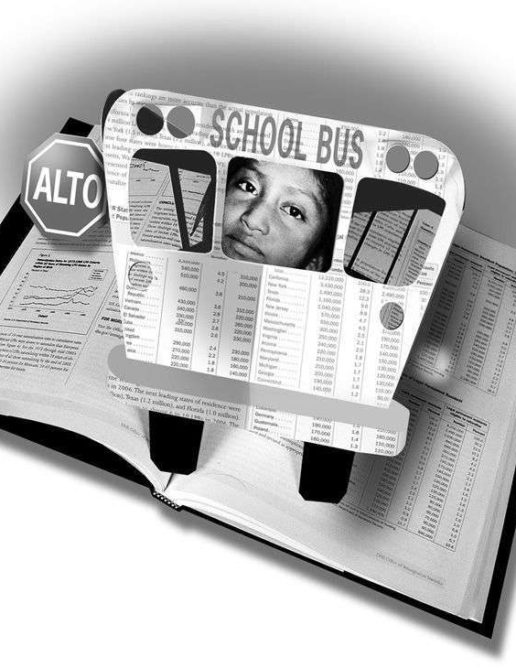
For those of us working with immigrant populations, we have in our students living examples that we can use to bring the immigration issue to the forefront and teach all of our students.
Six years into the ‘War on Terror
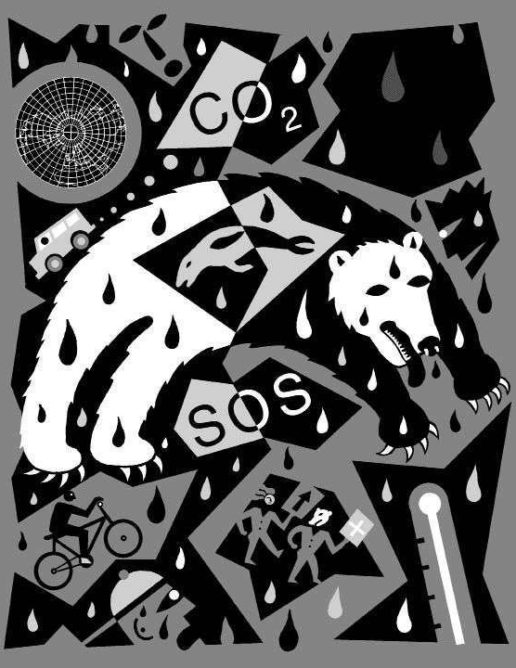
San Francisco fourth graders learn about global warming and take action to save the polar bears.
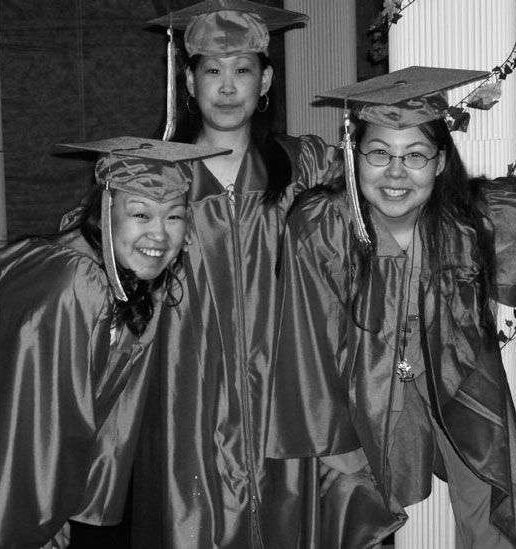
Edwina did what was asked of her. Did Alaska do everything it could for her?
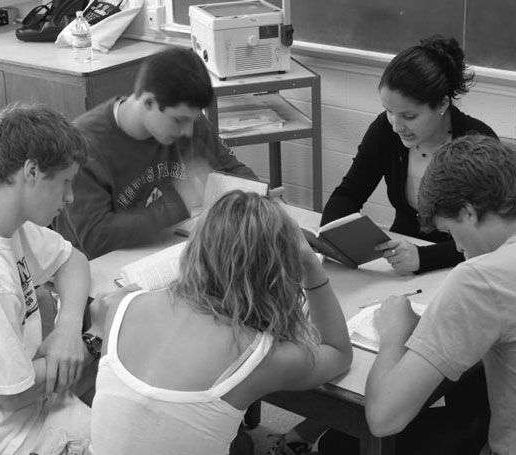
Using native Spanish speakers to instruct their classmates in more than just verbs and pronunciation.
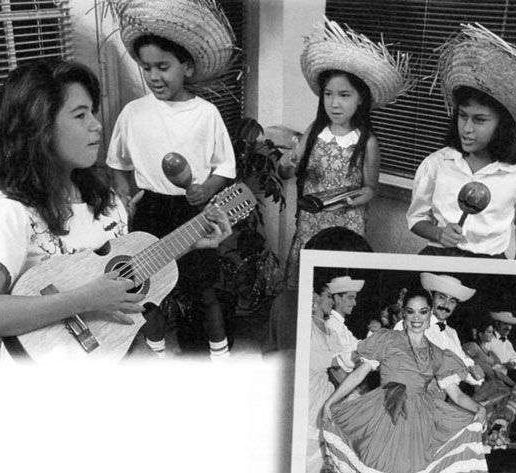
Latinos dance, they sing, they happily play baseball. And what great food!
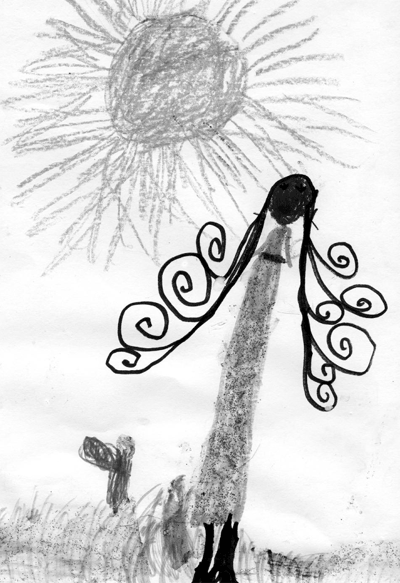
This content is restricted to subscribers

This content is restricted to subscribers
This content is restricted to subscribers
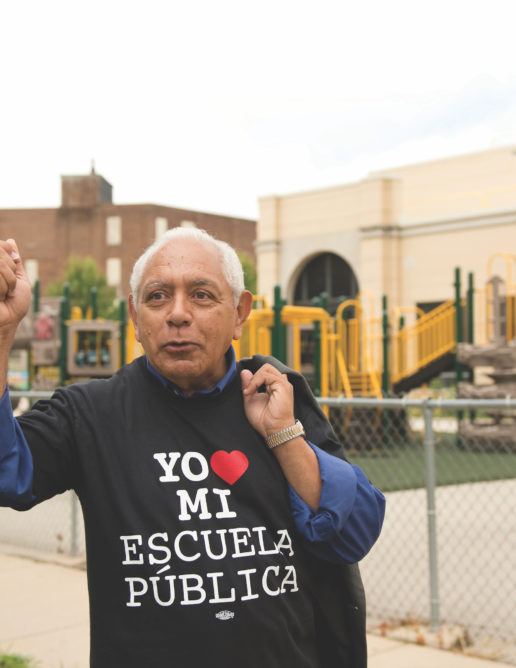
Organizer and advocate Tony Báez has been fighting for improved bilingual education programs for decades. In this interview, he talks about the current state of bilingual education and describes how parents and educators won a maintenance K-12 bilingual program in the Milwaukee Public Schools.
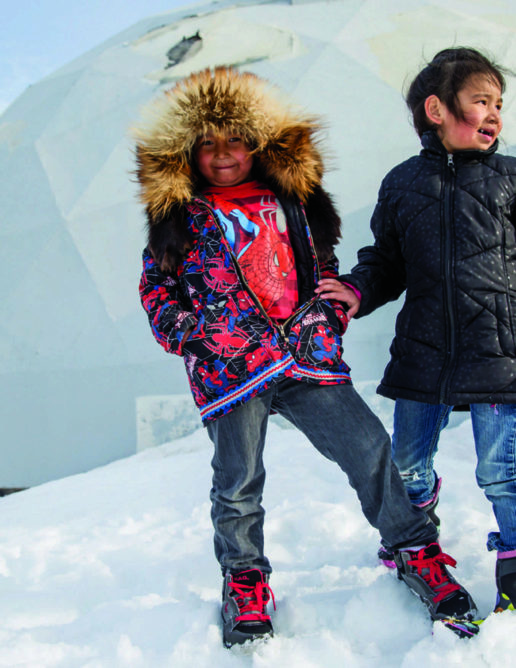
A journalist explores the way Indigenous language and community is connected to the classroom in several communities in Alaska, and explores how educators there have built new frameworks to fight against Eurocentric curriculum.
The executive director of San Francisco’s Arab Resource and Organizing Center describes the successes and obstacles for a community-based campaign to offer Arabic language instruction in the district’s schools.
Educator Debbie Wei, co-founder of a folk arts-based school in Philadelphia’s Chinatown, describes her journey—from growing up as the child of Chinese immigrants who never spoke to her in their native language, to advocating for heritage language programs.

Los estudiantes de segundo grado escriben junto con sus familias, desafiando las políticas monolingües, anti-inmigrantes, y de segregación de Arizona.

As always, Rethinking Schools has several new books in process. This issue we feature three articles destined for one of these: Rethinking Bilingual Education, edited by Grace Cornell Gonzales, Elizabeth […]
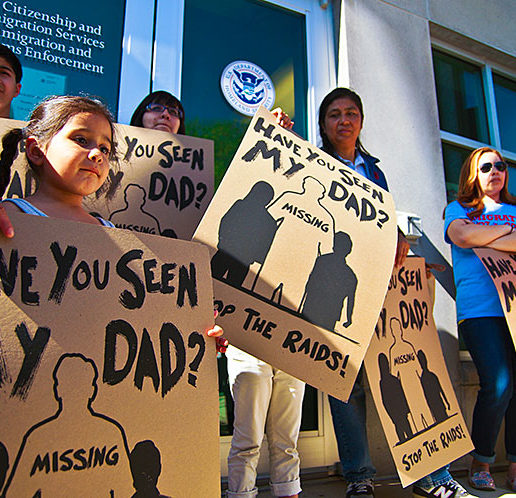
Una maestra de primaria se da cuenta que debe dejar a un lado el guión y la antología de su currículo para encontrar literatura latina en español y abrir un espacio a las vidas de sus estudiantes.
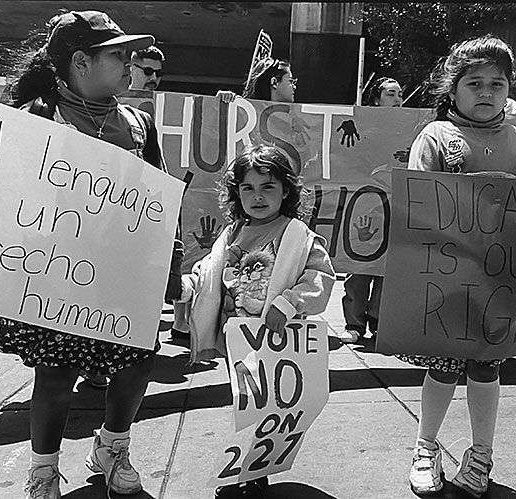
Is the Common Core better than current approaches to English language learners—or the next salvo in more than a decade of attacks on bilingual programs?

Second graders and their families write together, countering Arizona’s English-only, segregated, and anti-immigrant school policies.

An early elementary school teacher realizes she needs to dump the scripted curriculum and basal reader, find Latina/o literature in Spanish, and make space for her students’ thoughts and feelings.